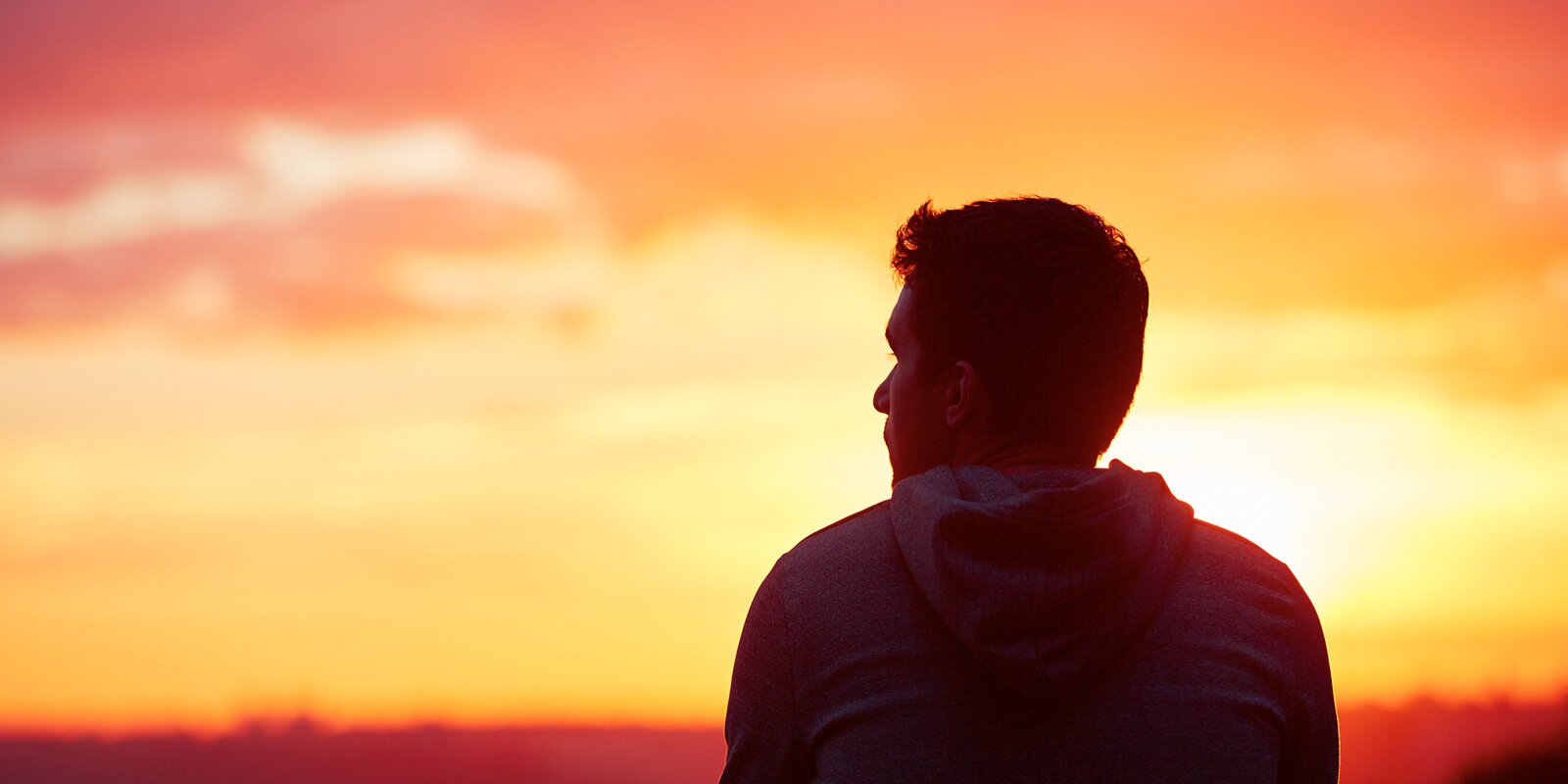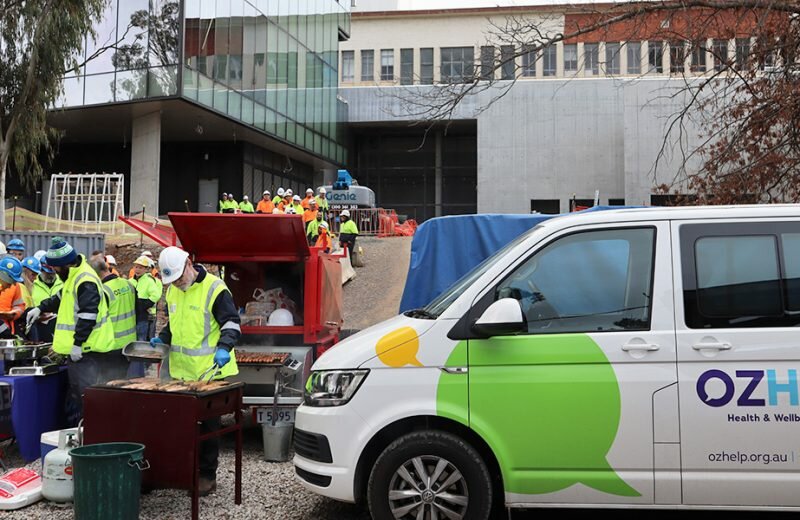
Tackling male suicide remains a national priority
The Australian Bureau of Statistics (ABS) today released the 2020 Cause of Death data. 3,139 Australians died by suicide in 2020, a decrease of around 6.6% on the suicide death rate reported for 2019. Males were still around three times more likely to die by suicide than females, accounting for 75.9% or 2,384 deaths.
OzHelp CEO Darren Black said that the downward trend on suicide deaths, although small, was heartening.
“It’s important to remember that each death represents a person who felt they had no choice but to end their life and they will be deeply missed by families, friends, work colleagues and their communities. The ripple effect of a death by suicide is incredibly traumatic for our community.”
“What is also clear is that men are still taking their lives at significant rates, and it is positive to see that work to address this is now a national priority,” Mr Black said.
OzHelp was established in 2001 and is a recognised and trusted provider of health and wellbeing programs for hard to reach workers in high risk industries, that have poorer wellbeing and mental health, and higher rates of mental disorders and suicide risk factors than workers in other industries. Males, who comprise the majority of workers in these industries, are disproportionately impacted.
“We know from experience that the workers we support experience a range of suicide risk factors and find it more difficult to ask for, and access, support. This is why we take our programs and supports to them, to their workplace and in community settings.” Mr Black said
OzHelp’s service and programs recognise the interconnection between suicide prevention; health and wellbeing; and the social determinants of health, such as financial security, working arrangements, family relationships and stable housing. This is important with the 2020 ABS data showing that the top three suicide psychosocial factors for men across all age groups were:
- personal history of self harm
- disruption of family by separation and divorce
- problems in the relationship with spouse or partner.
“We acknowledge the commitment of governments to mental health and suicide prevention in Australia, and what is clear from this new ABS data is the priority to focus our efforts on supporting men and other vulnerable groups disproportionately affected by suicide, remains high.
“We must continue and extend investment in trusted and evidence-informed programs and services that specifically target men.”
“Programs and services like those offered by OzHelp, understand the unique factors that impact health, wellbeing and help-seeking for workers in high risk hard to reach industries, and overcome barriers to accessing services by taking support to where they are”, Mr Black said.
The data released today can be found here
END
Media contact: Rebecca McHarg 0419 278 329
To access crisis support call Lifeline on 13 11 14 or the Suicide Call Back Service on 1300 659 467. If you or someone you know are in immediate danger, phone 000 for emergency services





